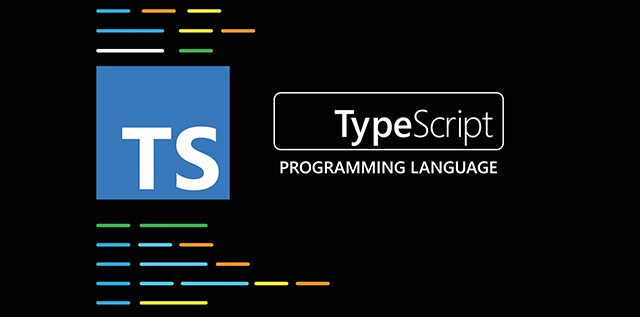
Typescript
Introduction
-
With the introduction of Classes in Typescript and ES6, there now exits certain (chắc chắn) scenarios( kịch bản) that require additional feature to support annotating or modifying classes and class members. Decorator provide a way to (1 cách để ) add both annotation and a meta-programming syntax for class declarations and members.
-
Node: To enable experimental(thực nghiệm) support for decorator, you must enable the experimentalDecorators compiler option either on tsconfig.json:
tsc --target ES5 --experimentalDecorators- compiler tsconfig.json:
{ "compilerOptions": { "target": "ES5", "experimentalDecorators": true } }
Decorators
-
A decorator kind of declaration that can be attached to a class declaration, method,accessor(người tiếp cận), property or parameter. Decorator use the form @expression, where expression must evaluate to a function that will be called at runtime with information about the decorated declaration.
function sealed(target) { // do something with 'target' ... }
Decorator Factories
-
A Decorator Factory is simply a function that returns the expression that will be called by the decorator at runtime.
function color(value: string) { // this is the decorator factory, it sets up // the returned decorator function return function (target) { // this is the decorator // do something with 'target' and 'value'... }; }
Decorator Composition
-
Multiple decorators can be applied to a declaration, for example on a single line:
@f @g x -
On multiple lines:
function first() { console.log("first(): factory evaluated"); return function (target: any, propertyKey: string, descriptor: PropertyDescriptor) { console.log("first(): called"); }; } function second() { console.log("second(): factory evaluated"); return function (target: any, propertyKey: string, descriptor: PropertyDescriptor) { console.log("second(): called"); }; } class ExampleClass { @first() @second() method() {} } // Which would print this output to the console: first(): factory evaluated second(): factory evaluated second(): called first(): called -
When multiple decorators apply to a single declaration, their evaluation is similar to function composition in mathematics. In this model, when composing functions f and g, the resulting composite (f ∘ g)(x) is equivalent to f(g(x)).
-
As such, the following steps are performed when evaluating multiple decorators on a single declaration in TypeScript:
- The expressions for each decorator are evaluated top-to-bottom.
- The results are then called as functions from bottom-to-top.
Class Decorators
-
A Decorator is declared just before a function declaration. The class decorator is applied to the constructor of the class and can be used modify, observe, or replace a class definition(định nghĩa). A class decorator cannot be used in a declaration file, or in many other ambient(xung quanh) context(such as on declare class).
-
if the class decorator returns a values, it will replace the class declaration with the provided constructor function.
@sealed class BugReport { type = "report"; //title= string; constructor(t: string) { this.title = t; } } function sealed(constructor: Function) { Object.seal(constructor); Object.seal(constructor.prototype); }